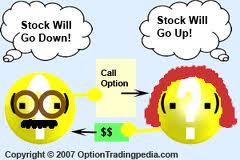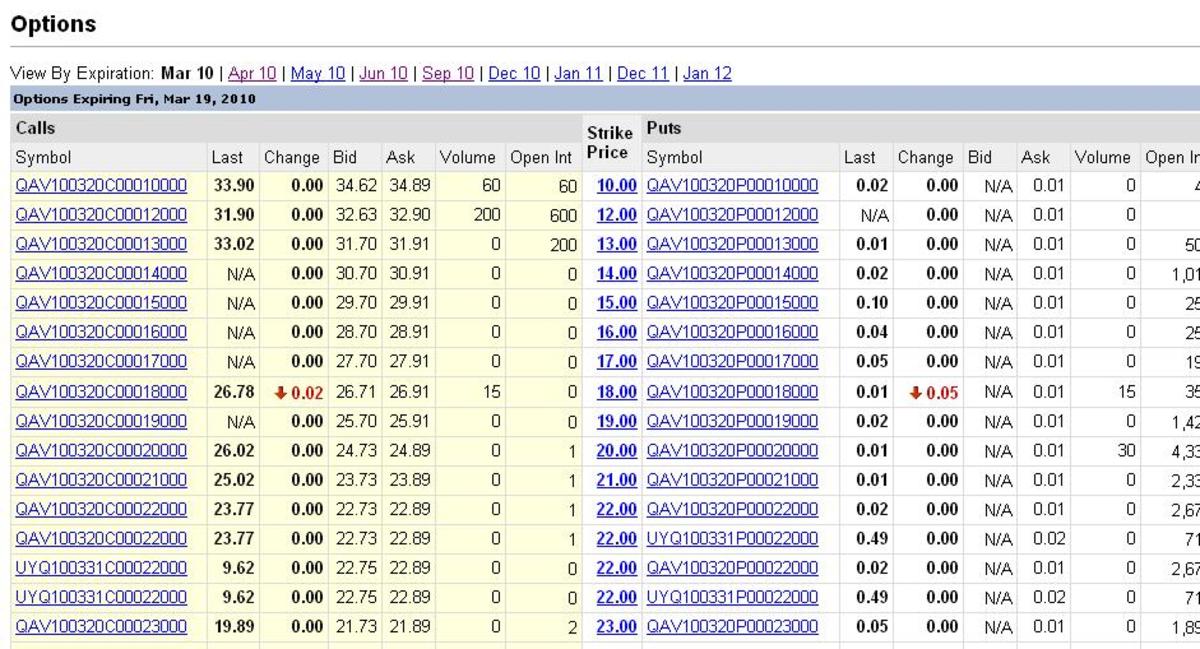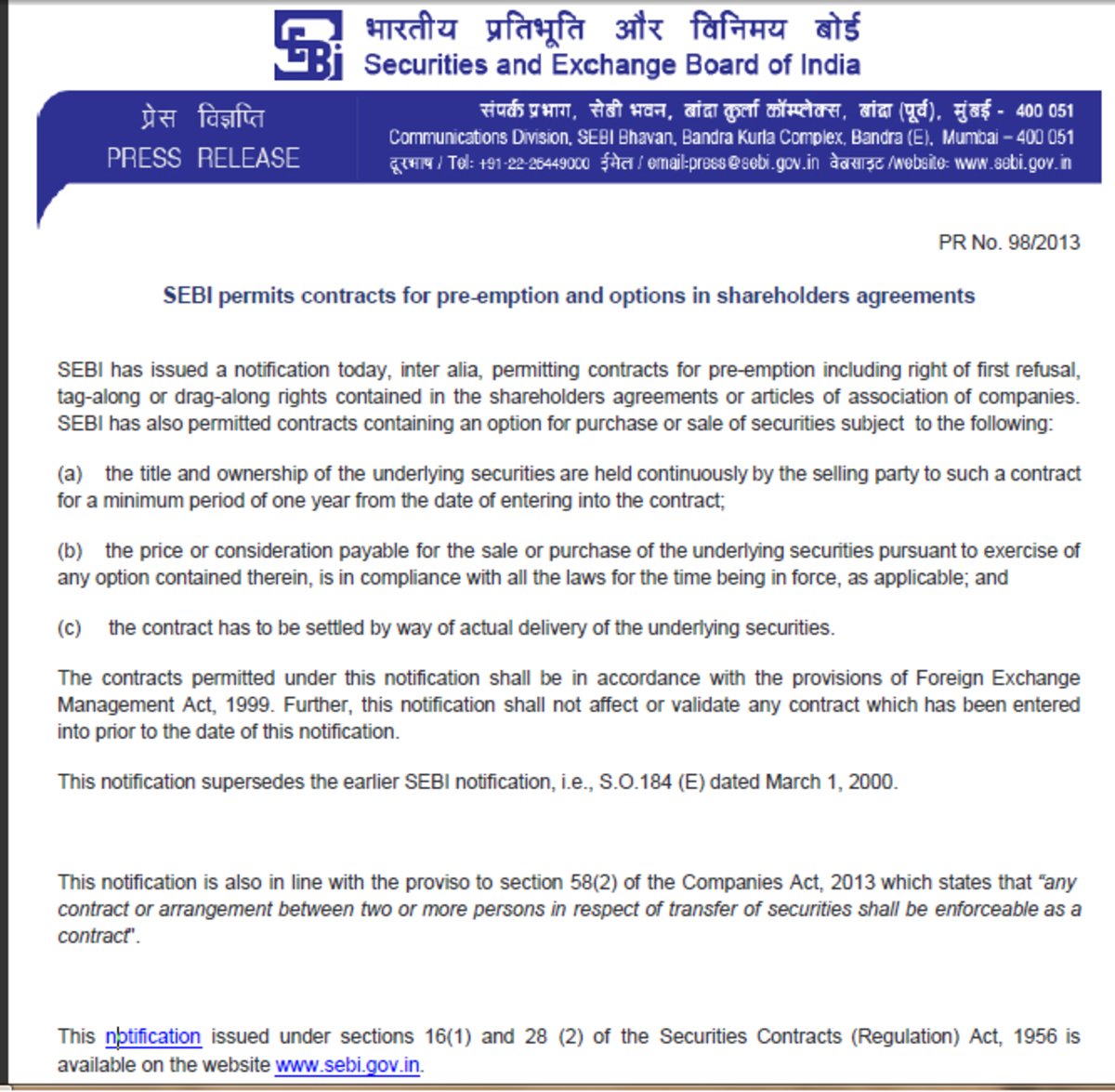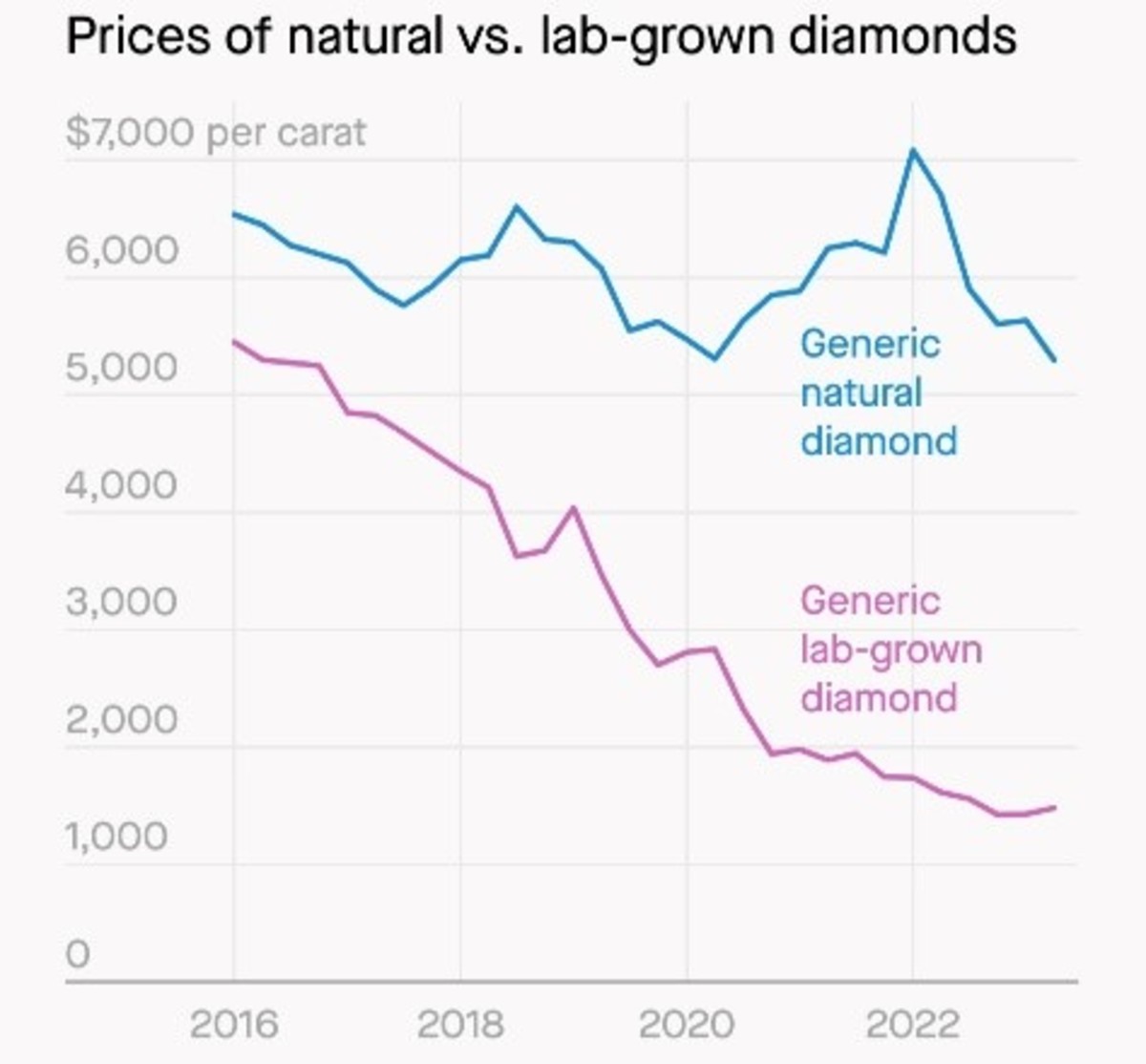How Stock Options Work
Stock options are an investment vehicle that allow an investor to control more shares of a stock than they could buy buying individual shares of stock. When you buy a stock option, you are securing the right to buy a stock at a later date by paying a small fee in advance in order to own those rights.
Stock options are a way to gain greater leverage from your investment dollars while controlling the downside risk. When your research indicates a stock is going to have a sizable movement, either up or down, stock options allow you to capture a larger share of that movement. Used recklessly, they can also magnify your losses.

Stock Options Key Terms and Definitions
- Call Options-The right to buy a stock at an agreed upon price in the future. This are used when you are long, or bullish, on a stock.
- Put Options- The right to sell a stock at an agreed upon price in the future. These are used when you are short, or bearish, on a stock.
- Strike Price- The agreed upon price in which you can exercise your option.
- In-the-money- A call option that has a strike below the current price.
- At-the-money- An option that has a strike at the current price.
- Out-of-the-money- A call option that has a strike option above the current price.

How Stock Options Work
Say you have researched Acme Inc. thoroughly and you have a conviction that it's current share price of 20.00 is too low. Perhaps the have a Gizmo coming out or they have a new supplier for their most important widget components. Your research indicates that it should be a 25.00 stock.
You can put a call on Acme Inc. at the current strike of 20.00. You call your broker and he tells you at-the-money calls are at $2.00. You decide to buy 10. Since since each option actually buys you the rights to 100 shares, 10 calls cost you $2,000. $2.00x100x10=$2,000.
For $2,000 you know have the right to ownership of $200,000.00, or 1,000 shares, in Acme stock. If you were to buy Acme stock outright at $20.00/share you could only buy 100 shares for the same money. Stock options magnify your potential earnings.
A few days later Acme reports higher than expected earnings, attributed to the factors you researched. Now it is selling at the price you predicted, $25.00/share. 1,000 shares are now worth $250,00.00. You can now either exrecise your option to buy the shares or you can sell the option. The fact remains, your $2,000.00 investment secured a $48,000.00 profit. If you had bought the shares outright you would have only made $500. Not bad, but not in the same ballpark, or even universe, as the option gains.
Stock options also protect you when you are wrong. If an investor was to buy 100 shares of Acme at $20.00 only for their price to plummet due to an accounting scandal to 13.00, they would have lost 700 dollars. If the same thing was to happen to you buying a call at 2.00, the most you can ever lose is $200.00. The stock purchases could eventually lose the whole $2,000 while your losses are protected.
Options can also be used when you are short a stock. The only difference is you place a put order at a price lower than the current market price. Like calls, you make nothing if you are wrong, but you leverage more when you are right.

Learn More About Stock Options
There a few things more that you need to know about how stock options are sold, They go on sale at the first of the month and expire the 3rd Friday. So an April 20 stock call would need to be redeemed or sold by the 3rd Friday of April to recoup your investment. You can usually by stock replacements if your plan did materialize yet. These are cheaper and can be a better alternative if your original analysis remains accurate but the street has not responded yet.
Options can be a great way for beginners to afford to control a sizable share of stocks they otherwise could not afford. After doing thorough homework, they can buy in-the-money calls on stocks they want to own. They can further protect these with puts to prevent any losses past a certain point and continue replacing their options. For expensive stocks such as Google this may be the only way to afford them.
Employee Stock Options
These are a completely different beast then puts and hold that are traded and should not be confused. Employee stock are basically free bonuses from companies rewarded to their employees. These options are buy options that are only available to employees and are not tradeable. If your company offers them you should taken advantage of them when the price is right.





